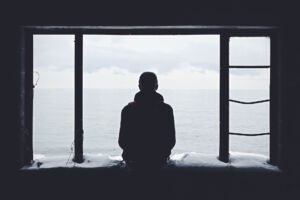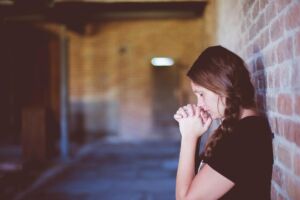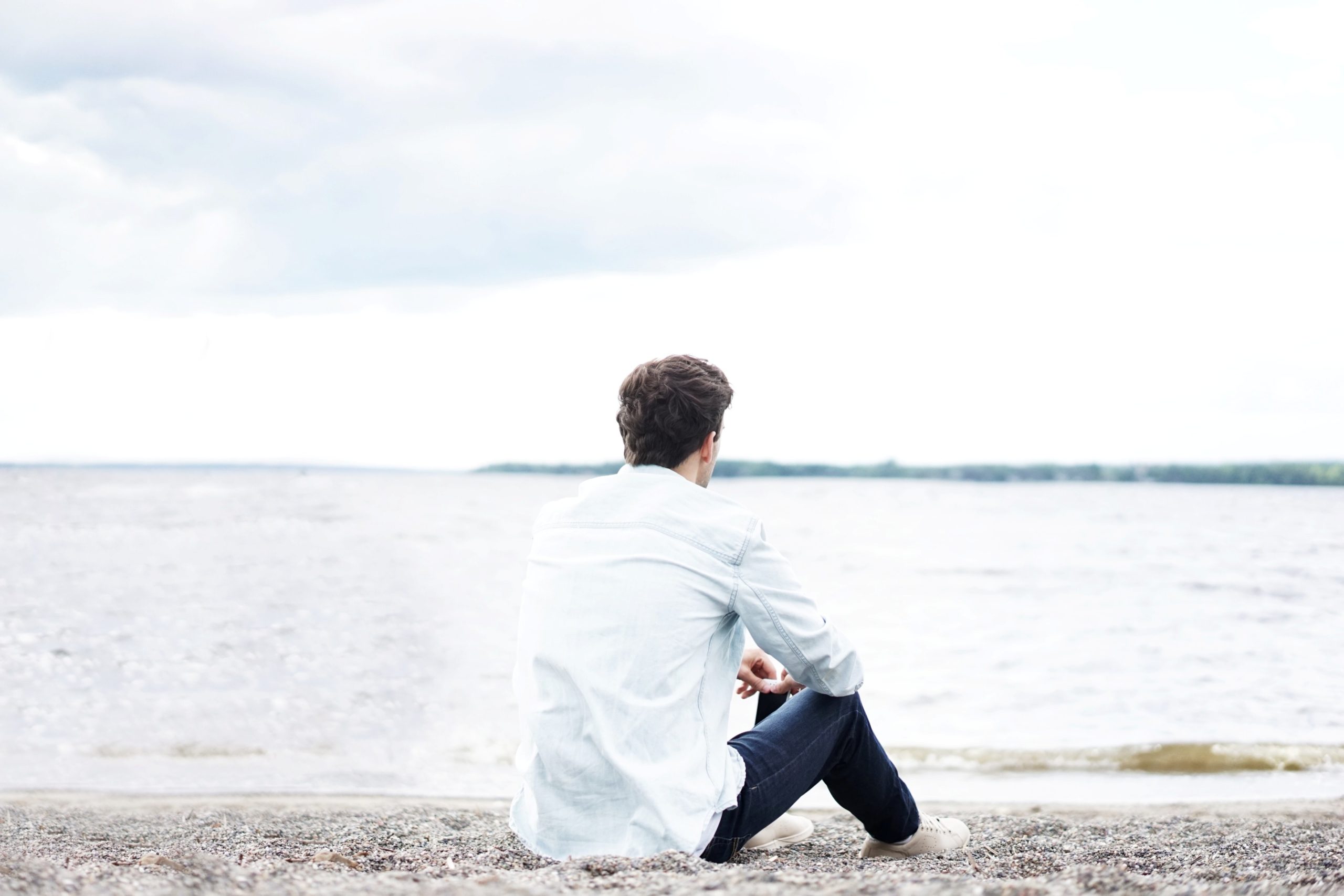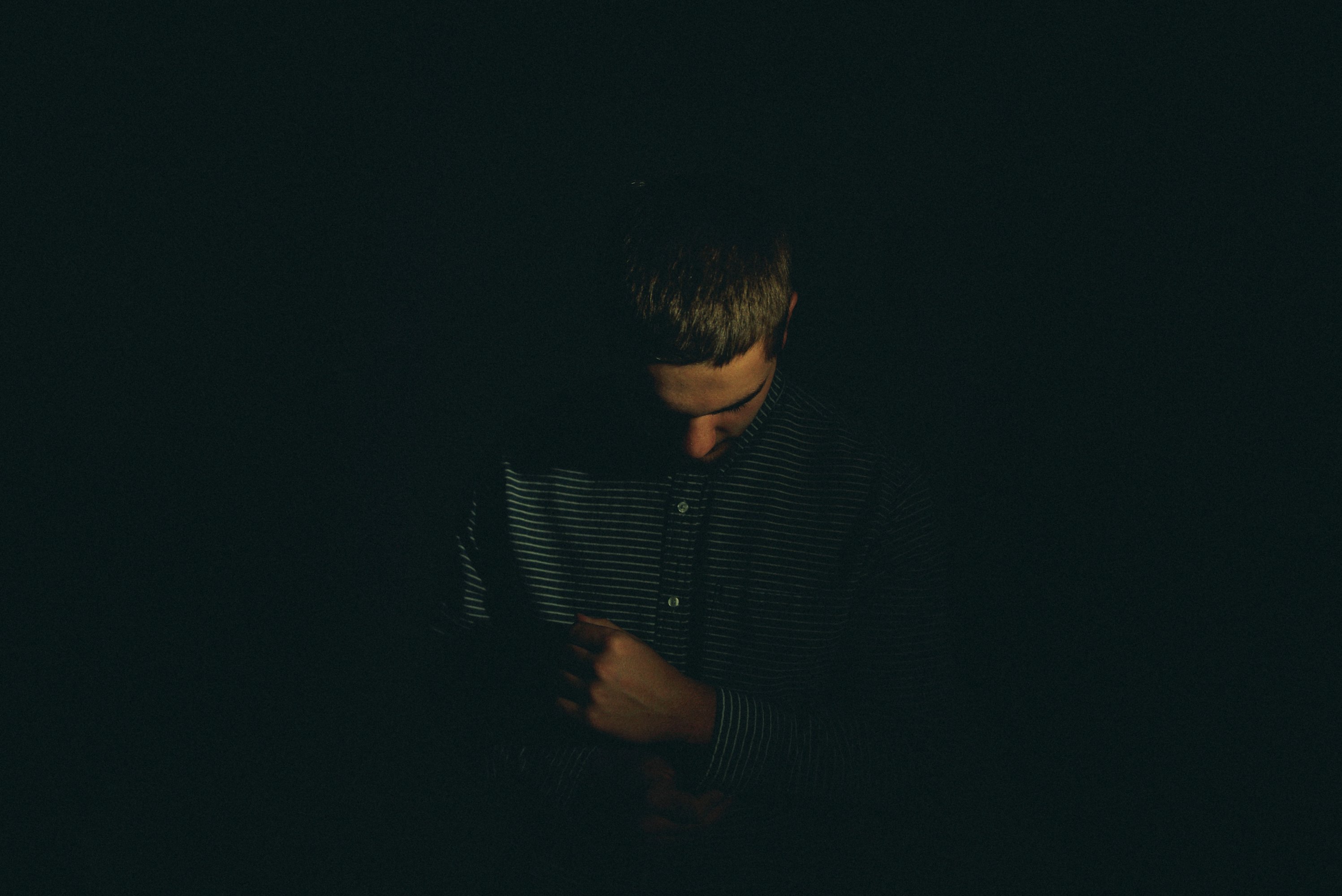 What is the fear of being alone, and why do I have this unexplainable need to be with someone? This is not a far-fetched question. The fear of being alone or isolated has four other titles: autophobia, isolophobia, eremophobia, and monophobia. Even if you know that you are safe, you may still have a fear of being secluded. Understanding the symptoms and treatments can help identify triggers. Irvine Christian Counseling provides compassionate support to help you explore these fears, identify triggers, and find effective ways to manage them.
What is the fear of being alone, and why do I have this unexplainable need to be with someone? This is not a far-fetched question. The fear of being alone or isolated has four other titles: autophobia, isolophobia, eremophobia, and monophobia. Even if you know that you are safe, you may still have a fear of being secluded. Understanding the symptoms and treatments can help identify triggers. Irvine Christian Counseling provides compassionate support to help you explore these fears, identify triggers, and find effective ways to manage them.
The fear of being alone isn’t just about being alone physically. It can also include feeling alone because you feel that you are unwanted and unloved.
Peace I leave with you; my peace I give to you. Not as the world gives do I give to you. Let not your hearts be troubled, neither let them be afraid. – John 14:27, ESV
Causes of monophobia
Just as with any fear, it is sometimes difficult to tell what the true cause may be. It could be an experience that had a negative effect on you or a traumatic event that occurred in your life. Whatever the cause, there is help. There are times when there is another condition that can be related to monophobia. Here are a couple of the more common reasons you may have developed a fear of being alone.
- Family dynamics and genetics can cause a person to develop a fear of the same thing simply because other people have exhibited the fear.
- Biological conditions can cause your brain to believe that you are in danger of a perceived threat.
- Experiencing a traumatic event that caused a situation of being alone for an extended amount of time.
- Experiencing an event that made you feel abandoned can also cause a fear of being alone.
- The fear of being alone may also be a symptom of other disorders, such as those that cause a person to be dependent on others.
Symptoms of monophobia
Most of the time the fear of being alone produces anxiety-type symptoms just like any other phobia. Some of the more specific symptoms that are related to the fear of being alone are:
 An intensive and immediate onset of anxiety when alone or at the thought of being alone.
An intensive and immediate onset of anxiety when alone or at the thought of being alone.- Having an overly obsessive concern about being alone.
- You feel like you need to leave/go when you are alone.
- Continuous thoughts of what may happen while you are alone.
- Avoiding being alone when possible and at all costs.
- Physical symptoms such as dizziness, fainting, sweating, chest pain, heart palpitations, hyperventilation, and/or nausea while alone.
- Having a hard time functioning in other aspects of life such as work, school, and relationships.
These symptoms are much more than just missing someone, these can be disruptive to the individual’s life. Helping a person identify their fear and encouraging them to get help could help them find freedom from this sometimes debilitating fear of being alone.
Characteristics of monophobia
While most people enjoy some time alone a person who suffers from the fear of being alone does not want to find themselves alone for any reason. The characteristics that may indicate that a person has an intense fear of being alone may not be consistent. They may not even be alarming unless there is a significant display of many of these characteristics.
The LORD Himself goes before you; He will be with you. He will never leave you nor forsake you. Do not be afraid or discouraged.” – Deuteronomy 31:8, ESV
Needing a relationship
No matter how bad a relationship may be, you have a distinct need to be in a relationship just to keep from being alone. This may even mean that you remain in a toxic relationship just because of your fear of being alone.
Avoidance of conflict
You do not like to engage in conflict with anyone. You will allow people to behave badly just so you don’t risk losing them because of confrontation.
 Need for human contact
Need for human contact
You don’t want to be alone so you will find ways to have a place to be so that you are surrounded by others. You find that the more people you are with the happier you feel. The need for human contact may also include how you react to those you meet. The excitement of meeting someone new and connecting with them makes you feel included.
Friendships begin and end with haste
You tend to jump into a friendship just so you aren’t alone, but as quickly as you engage, you are looking for ways to distance yourself. There is little time spent getting to know the other person. This causes you to find yourself in a friendship or relationship that you leave just as quickly.
The value of family relationships is distorted
When it comes to family you have a hard time understanding that family isn’t just blood. Sometimes, families bond as best friends. When you have a fear of being alone, you tend to think they are just there because they are family and truly someone who wants to be around you.
Always needing something to do, but not alone
When you look at your calendar you always want to be sure you have plans for the weekend. Those plans won’t include a movie or dinner by yourself, but you will find a way to stay busy just so you aren’t alone.
You feel intense feelings of rejection if you aren’t invited to something
Finding out that there was an event that you weren’t invited to causes you to be filled with hurt. It doesn’t matter if it was a baby shower for someone you don’t know or your best friend’s grandma’s birthday party two towns away – you are just miserable about it.
The bigger the social circle, the better
When it comes to online friends you are in the thousands. You have followers that you may not even know, but you consider it a success to have a huge list of people connected to your social media. We were made for social contact, but there is a sense of obsessiveness when you are afraid of being alone.
Helping others is a priority regardless of your needs
Going out of your way to help others is not a problem. At least you don’t feel that way at the time. You disregard anything that you need to do just so that you can make sure the other person is not going to be upset with you.
Effects of monophobia
The effects of the fear of being alone can cause changes in your life that could be harmful to you or others. Trying to keep yourself in a place where you are with others can be exhausting and stressful. It could mean that you have to change everything about your day just so that you don’t have to sit at home alone. This phobia can affect you mentally, emotionally, and physically.
Cast all your anxiety on Him, because He cares for you. – 1 Peter 5:7, ESV
Mentally
 Fearing being alone causes anxiety. Troubled breathing, rapid heartbeat, nausea, shaking, and even chest pains have been associated with phobias. Because of these issues, being alone can cause you to feel exhausted after having an anxiety attack.
Fearing being alone causes anxiety. Troubled breathing, rapid heartbeat, nausea, shaking, and even chest pains have been associated with phobias. Because of these issues, being alone can cause you to feel exhausted after having an anxiety attack.
You may also feel depressed because you find yourself alone more than you would like. Severe depression and anxiety can lead to harmful behaviors. It is important to recognize these symptoms and get help from a counselor to start a treatment plan.
Emotionally
When your plans to not be alone do not work out, you are distraught to the point of being exhausted. This kind of exhaustion isn’t fixed with sleep. It is an exhaustion that needs professional help. If you find that you are experiencing constant exhaustion you should contact a counselor.
Physically
As stated before fear can cause you to experience physical symptoms. Because of these symptoms, you may find that you can alleviate them through the misuse of alcohol or other substances. These will in turn affect you physically.
Overcoming monophobia
You can learn to manage this fear of being alone. There are a few therapy methods that can be used as part of a treatment plan with a counselor. While there are medications to help with the symptoms, they aren’t necessarily needed for the treatment of the phobia itself. Other ways to cope with or overcome the fear of being alone are journaling, relaxation exercises, and quiet time with God.
Do not fear, for I am with you; do not be afraid, for I am your God. I will strengthen you; I will surely help you; I will uphold you with My right hand of righteousness. – Isaiah 41:10, ESV
If you are finding that you need help learning how to identify and cope with your triggers, don’t hesitate to contact Irvine Christian Counseling. A Christian counselor will provide you with faith-based options for treatment, helping you navigate your fears and enjoy learning how to be alone.
“Admiring the View”, Courtesy of Noah Silliman, Unsplash.com, CC0 License;”Wandering the City at Night”, Courtesy of Kevin Lee, Unsplash.com, CC0 License; “Freaking Out”, Courtesy of Camila Quintero, Franco, Unsplash.com, CC0 License; “Prayer”, Courtesy of Ben White, Unsplash.com, CC0 License
-
Kate Motaung: Curator
Kate Motaung is the Senior Writer, Editor, and Content Manager for a multi-state company. She is the author of several books including Letters to Grief, 101 Prayers for Comfort in Difficult Times, and A Place to Land: A Story of Longing and Belonging...
DISCLAIMER: THIS ARTICLE DOES NOT PROVIDE MEDICAL ADVICE
Articles are intended for informational purposes only and do not constitute medical advice; the Content is not intended to be a substitute for professional medical advice, diagnosis, or treatment. All opinions expressed by authors and quoted sources are their own and do not necessarily reflect the opinions of the editors, publishers or editorial boards of Irvine Christian Counseling. This website does not recommend or endorse any specific tests, physicians, products, procedures, opinions, or other information that may be mentioned on the Site. Reliance on any information provided by this website is solely at your own risk.





